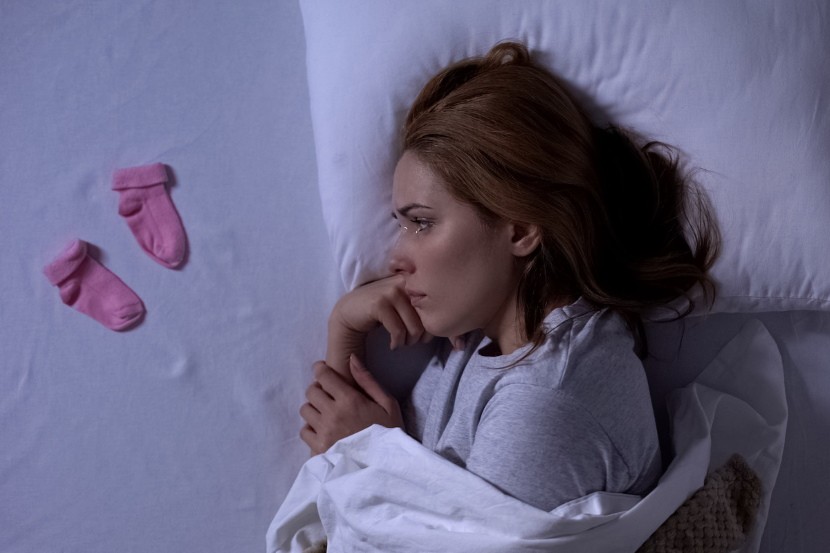Miscarriage is the most common type of pregnancy loss, according to the American College of Obstetricians and Gynecologists. When we think of ways to prevent miscarriage, we always think of exercising regularly, maintaining a healthy weight, managing stress, avoiding smoking, and eating healthy foods. However, a new study shows that there is another important but underrated lifestyle habit that can heighten the risk of miscarriage in pregnant women. Coffee greatly increases the risk of miscarriage, and this study joins other as evidence.
Researchers from the US healthcare firm Kaiser Permante in Oakland, California found in their study that caffeine intake promotes the occurrence of miscarriage. Coffee is the biggest dietary source of caffeine. For this study, the investigators looked at 1,063 women who participated in the Kaiser Medical Care Program in San Francisco. The lead researcher was Dr Deikun Li, MD, Ph.D, a reproductive and perinatal epidemiologist. "What we found was that if women have heavy caffeine intake—greater than 200 milligrams a day—they have double the risk of miscarriage than women that don't have caffeine," Li said.
Even the caffeine consumption of males can affect the outcome of a pregnancy. too Data from another study published in the Journal of Fertility and Sterility show that caffeine intake in males in the period leading to conception may increase their female partners' risk of suffering miscarriage. "Male pre-conception consumption of caffeinated beverage was just as strongly associated with pregnancy loss as females'," noted Germaine Buck Louis, Ph.D , Director of the Division of Intramural Population Health Research at NIH's Eunice Kennedy Shriver National Institute of Child Health and Human Population and one of the authors of the study.
While numerous studies have found a strong connection between caffeine intake and miscarriage, the exact way caffeine promotes miscarriage is still not clear. Adenosine, a potent vasodilator, competes with caffeine via the Cytochrome P450 enzyme system in the liver. Some experts have put forward several mechanisms explaining how caffeine intake leads to miscarriage. According to Joseph Stanford, MD, an obstetrics and gynecologist with the University of Utah Health, "caffeine might affect blood flow to the developing embryo in the uterus, or have a different effect on the embryo. Prior to conception, it could impact the final maturation stages of egg and sperm development."
The American Pregnancy Association reported that about 10–25% of all pregnancies n the United States end in miscarriages, which is quite sad as pregnancy loss is one of the most devastating experience that a couple can go through. Is it possible that, through lifestyle changes, about a quarter of all miscarriages are preventable? Adopting a healthy plant-based lifestyle, halting the consumption of caffeinated beverages, and reducing age of conception can increase a woman's chances of being among the 75-90% who will not lose their babies through miscarriage.
Additional Information:
